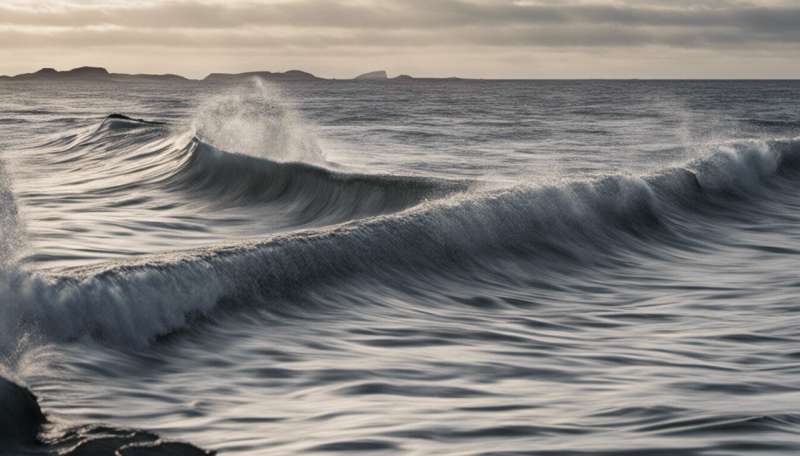Testing the waters for European reuse opportunities

The EU DEMOWARE project represents a milestone in water reuse technology, offering increased operational efficiency, improved planning ability, cost savings as well as lowering destructive environmental impacts, whilst mitigating against climate change.
Water resources across Europe are under strain, with increasing demand set against dwindling supply. What water is available is sometimes of unsuitable quality, reducing overall supply but also restricting its use value while increasing the cost of provision. This situation is exacerbated in areas of high population; low rainfall; or having intensive industry, agriculture or tourism. Additionally, climate change aggravates increased competition between water use sectors.
Water reuse measures have been posited as a potential solution but have been beset by a number of technological, institutional and social difficulties. The DEMOWARE project set out to address these multiple challenges.
Breakthrough in wastewater treatment
The pioneering work at the project's Tarragona site (Catalonia, Spain) recently won the Environmental Leader's Project of the Year (2015) accolade. In this region, municipalities and a well-developed petrochemical complex were facing water shortages due to high demand. The project processed and purified wastewater from the Spanish cities of Salou, Tarragona and Vilaseca through a water reclamation plant operated by Veolia, AITASA and ACA (Water Catalan Agency, the government-owned water supplier).
Wastewater was processed with the aid of project consortium member Dow's reverse osmosis solutions. After pre-treatment, wastewater first passed through DOW FILMTEC BW30XFR-400/34i extra fouling resistant membranes which afforded stable quality permeate and increased equipment lifetime, whilst keeping costs down with less need for additional cleaning. Wastewater then underwent its second pass through DOW FILMTECLE-440i low-energy membranes, which delivered higher salt rejection and produced high-quality water at 33 % lower pressure, reducing energy demand. Wastewater processed to the required quality were piped to various plants within the petrochemical complex for alternative industrial use as opposed to being discarded in the Mediterranean Sea, as had been the case before.
The DEMOWARE project also successfully developed treated water suitable for Dow's ethyl-ene cracker cooling tower which had been operating solely on pre-treated water from the UNESCO protected Ebro River. The cooling tower was able to operate with up to 40 % re-claimed water (160 m³/h),and reduced chemical usage by 23 % .The number of cycles that the cooling towers can operate with, with the same amount of water and avoiding scaling, corrosion or bio-growth also increased. The amount of water drained to avoid mineral build up (blow down or bleed) was also reduced by 49 %.
In the case of the Camp de Tarragona complex, the target is to use reclaimed water to meet 90 % of demand. Ultimately, the targeted deployment of reclaimed water – thus requiring less water from the Ebro River - made more water available overall for use by the municipality.
Water reuse as a priority solution for Europe
With increased urbanisation, as well as a mounting population, placing more strain on freshwater supply, acceptance of water reuse as a priority solution is growing. Indeed, the European Innovation Partnership (EIP) on Water included it as a priority focus in their Strategic Implementation Plan. Additionally, the European Blueprint for Water – the EU Resource Efficiency Roadmap 2011 water milestone – proposed a regulatory instrument to set water reuse standards.
In addition to evidenced-based technological solutions, suitable regulatory frameworks and effective business models, water reuse uptake also requires an available skill-set alongside increased public acceptance. To increase industry coordination and create a European identity for the sector, DEMOWARE has set up Water Reuse Europe (WRE). The association cultivates enabling market conditions; increases public understanding; as well as enabling knowledge exchange and the sharing of expertise.
More information: Project website: demoware.eu/
Provided by CORDIS


















